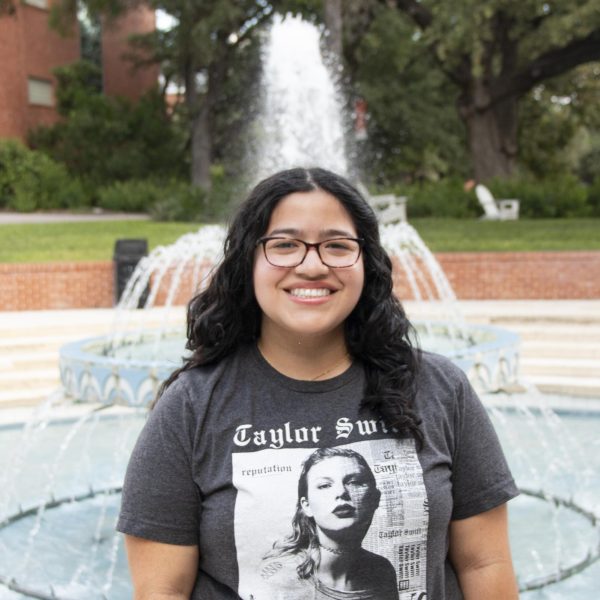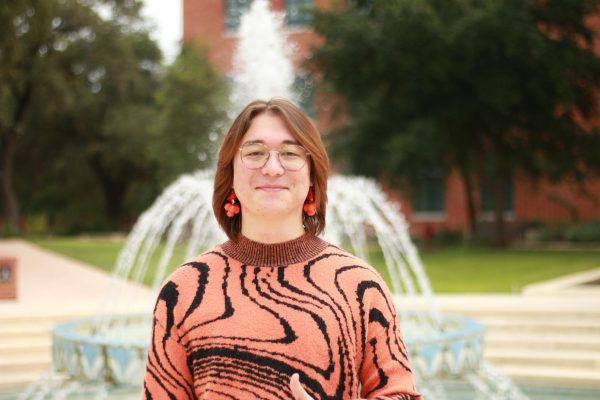On June 1, Trinity transitioned to a four-school academic system, introducing the School of Arts and Humanities, School of Science, Engineering and Mathematics, School of Social Science and Civic Engagement and the Michael Neidorff School of Business. Prior to June, Trinity did not have official “schools,” and everything was run through the majors.
Each department chair used to directly report to Megan Mustain, provost and vice president for academic affairs. “When you have that many direct reports one spends most of the time solving problems.
With the new dean structure, we can let the provost and the deans spend more time thinking strategically and let the chairs deal with the Deans on pressing issues,” E. Cabral Balreira, mathematics department chair of the School of Mathematics wrote over email.
While the academic schools are new, the deans leading them have a combined 68 years of experience at Trinity alone serving as professors and administrators. David Ribble, the dean of the School of Sciences, Engineering and Mathematics, served as the vice president of academic affairs, and his experience with budgeting and research aids his role as an academic dean.
“I learned about budgets and how the university operates from that angle,” Ribble said. “A dean requires more personal touch with faculty and department chairs. They provide oversight and help when departments have a challenge, and that part of the job is very appealing to me.”
Bob Scherer, the Michael Neidorff School of Business dean, has served in this role since 2017. While he doesn’t see his role radically changing, he anticipates more collaboration between academic schools.
“The academic dean structure, I believe, is going to create more opportunities for joint programs, academic programs … and also provide a more consistent and clear set of guidelines for students when they run into a roadblock or an obstacle and they need to go talk to somebody about how to resolve the issue,” Scherer said.
In addition to academic deans, Andrew Wells, vice president of student affairs, is a new face on campus this semester, whose work calls for interaction with the deans.
“There are areas where we have really strong intersection and mutual needs and converging interests,” Wells said. “Certain elements of learning and development or programming that creates inclusive spaces on campus. I think these are areas where the deans would likely be interested in being engaged.”
Kyle Gillette, the current acting dean for the School of Arts and Humanities, emphasized the importance of being aware of what is going on within one’s department.
“They’re so connected,” Gillette said. “These disciplines are each different but their students are connected in thinking about how you reflect on the past and reimagine the future.”
To ensure cross-departmental awareness within the humanities, Gillette is working on a fine arts festival and interdisciplinary humanities conference from Nov. 3-12.
“The heart of it [the festival and conference] is to nourish and connect all of the arts and humanities programs,” Gillette said.
The festival will be held annually and will showcase student work in theater, visual art, poetry and musical performances. The humanities conference will incorporate student research and faculty discussions in Dicke Hall.
Ribble expressed that the organizational changes at Trinity will not always be visible to students.
“At the end of the day it’s not gonna matter what school your department’s in,” Ribble said. “A lot of things happen that’s gonna make things work better, and students might not necessarily see that, and that’s okay.”









